scientific discovery
to help others innovate!
Master^3(Philosophy, Cognitive Science, Management & Leadership)
PhD candidate researching scientific practices with causal discovery algorithms
I love dancing:)
szymonmilkos.com
And happy to pilot a new mode of slide sharing: just putting them on my website (juliarohrer.com/resources/)
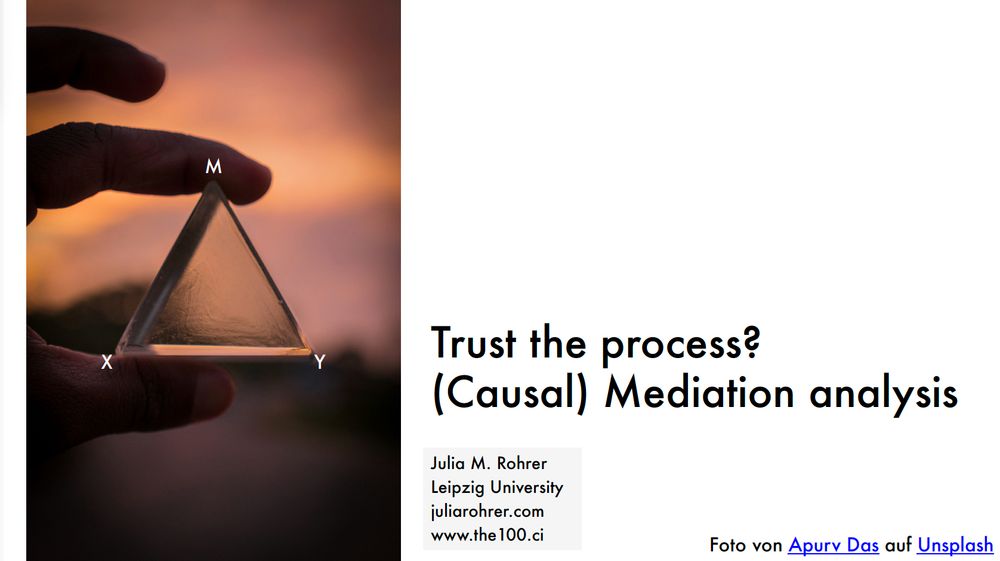
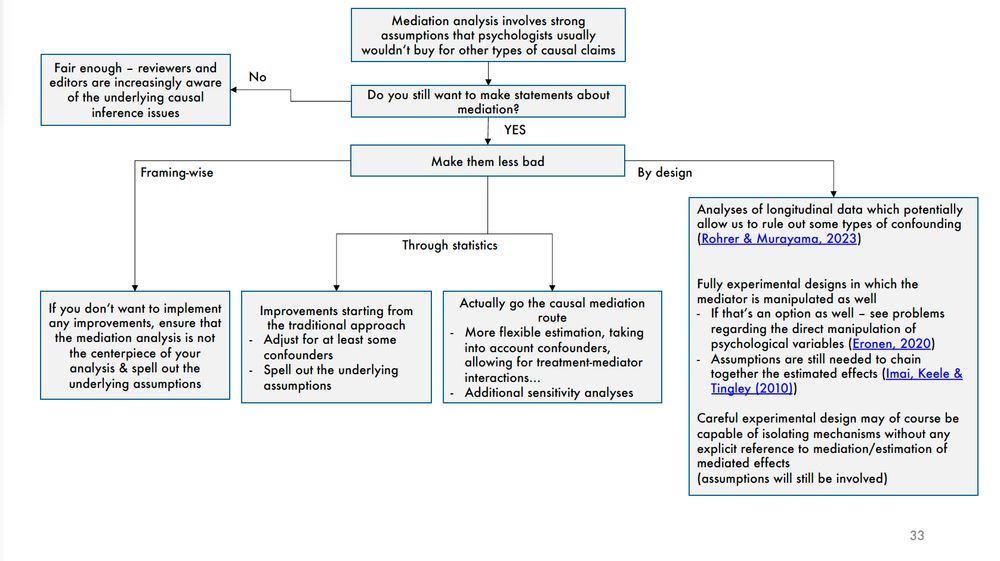
And happy to pilot a new mode of slide sharing: just putting them on my website (juliarohrer.com/resources/)
onlinelibrary.wiley.com/doi/10.1111/...

onlinelibrary.wiley.com/doi/10.1111/...
If you have never found the time to read up on this, now is your chance.
www.the100.ci/2025/03/20/r...
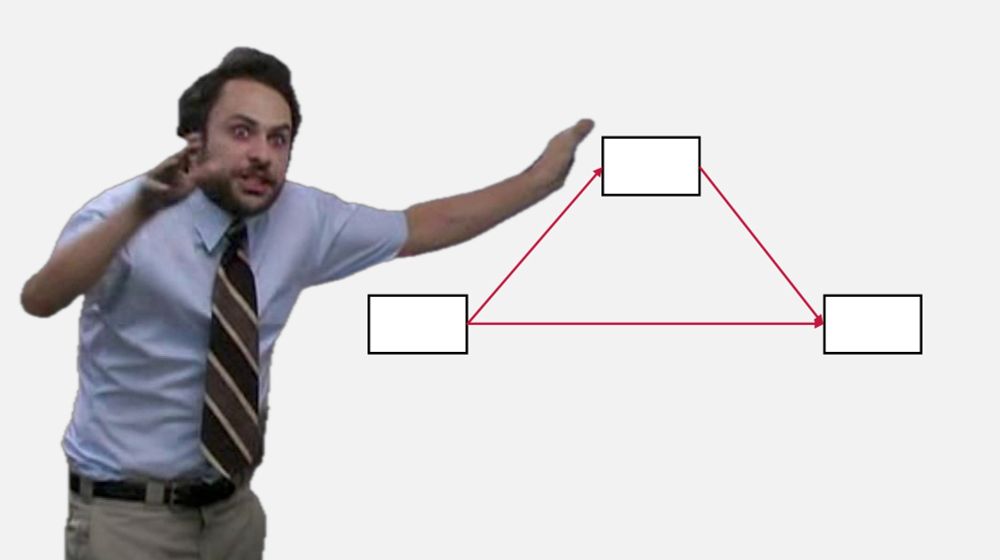
If you have never found the time to read up on this, now is your chance.
www.the100.ci/2025/03/20/r...
work by dream team @jinke.bsky.social Rhea Madhogarhia @ycleong.bsky.social @monicarosenb.bsky.social ⭐
I've rarely read something so anti-scientific anywhere short of the National Review.
www.nature.com/articles/d41...
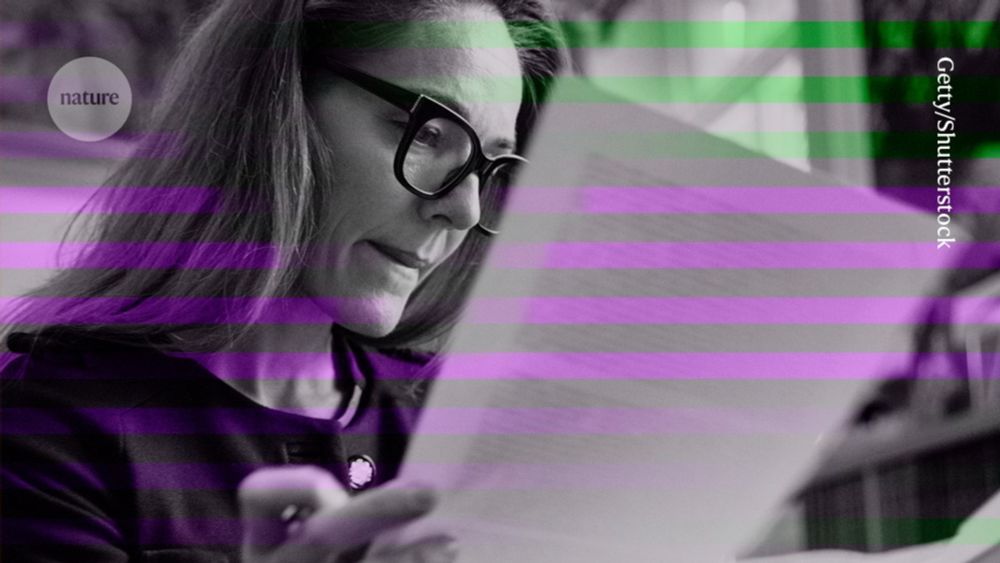
I've rarely read something so anti-scientific anywhere short of the National Review.
www.nature.com/articles/d41...
Today we published an essay about it: why it matters, how it’s happening and its implications. Here is a summary from an econ / social sci lens.

Today we published an essay about it: why it matters, how it’s happening and its implications. Here is a summary from an econ / social sci lens.
🎬📽🍿 Video: m.youtube.com/watch?v=2bdK...
📖 Paper version: psyarxiv.com/k79nv/
Summary in #PaperThread below 🧵 1/n

🎬📽🍿 Video: m.youtube.com/watch?v=2bdK...
📖 Paper version: psyarxiv.com/k79nv/
Summary in #PaperThread below 🧵 1/n

#metasci #sts #philsci
philsci-archive.pitt.edu/24720/7/Mini...

#metasci #sts #philsci
philsci-archive.pitt.edu/24720/7/Mini...
doi.org/10.1007/s112...
#Methodology #MetaSci #PhilSci

doi.org/10.1007/s112...
#Methodology #MetaSci #PhilSci
https://arxiv.org/abs/2410.13054


https://arxiv.org/abs/2410.13054
This article looks into how scientists answer that question: link.springer.com/article/10.1...
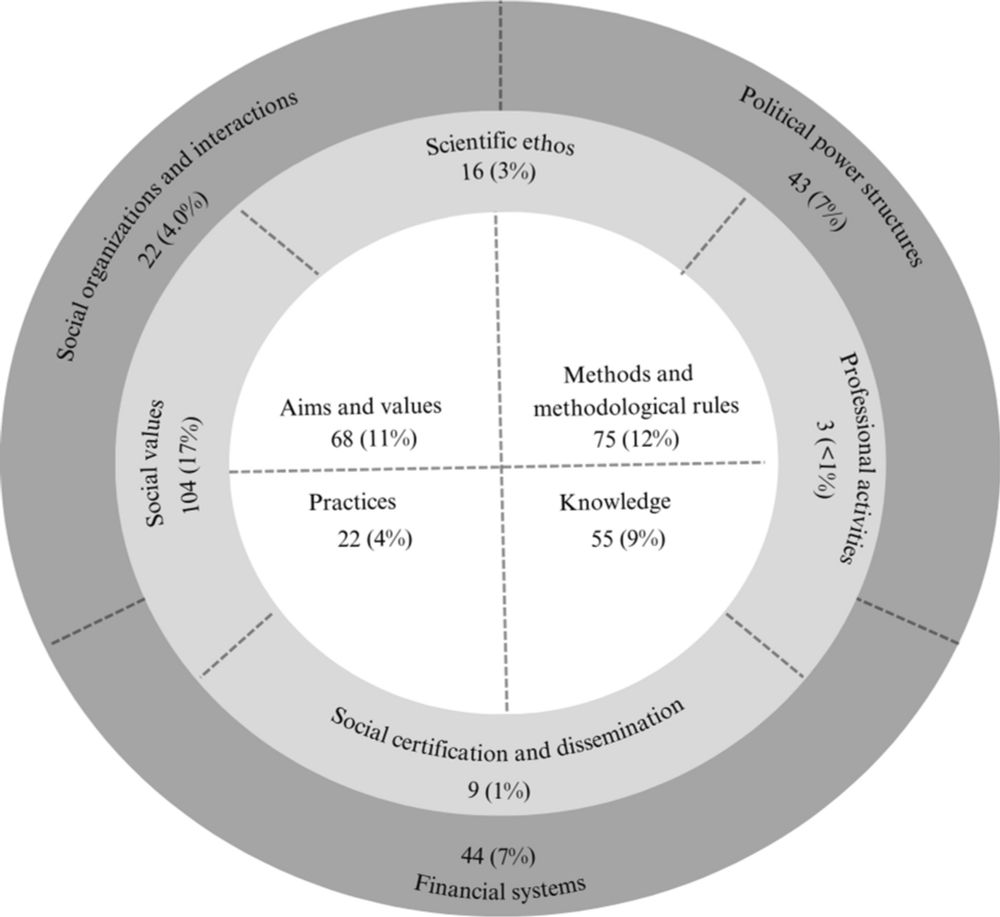
This article looks into how scientists answer that question: link.springer.com/article/10.1...
Here's the result of making the false Taylorist assumption that the output of scientific research is scientific papers—the more, faster, and cheaper, the better.
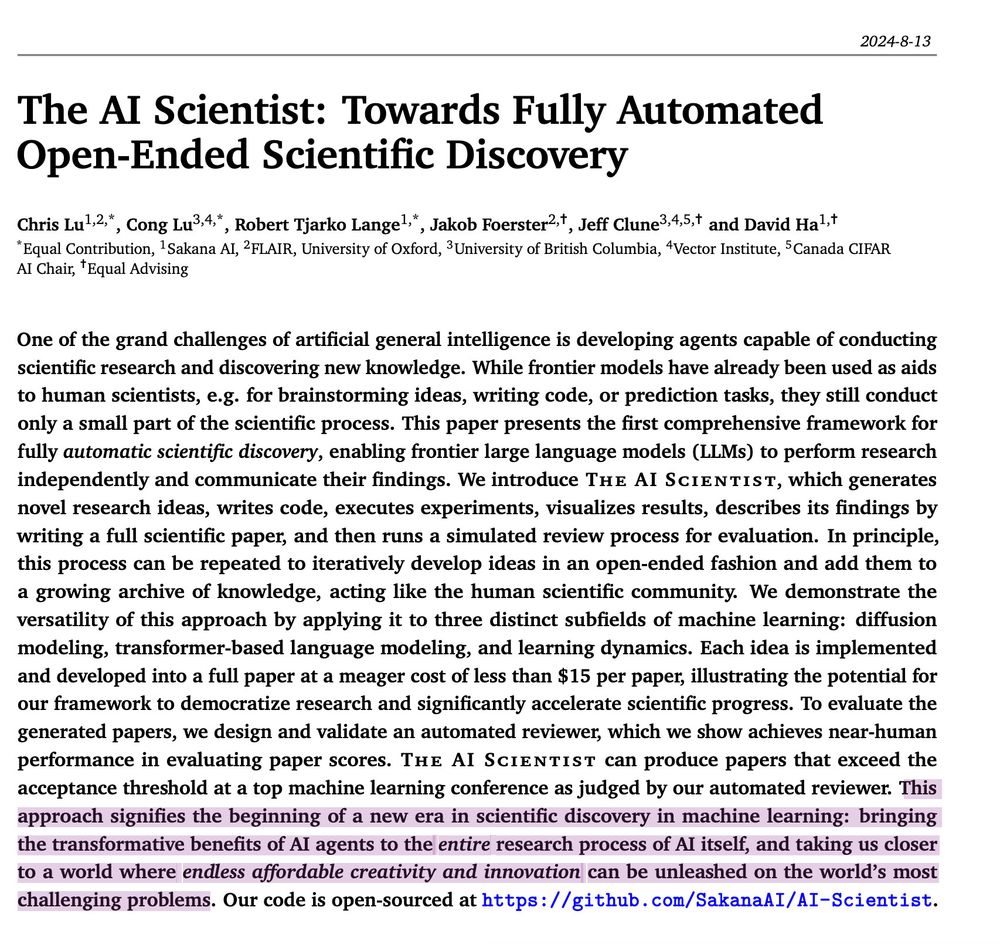
Here's the result of making the false Taylorist assumption that the output of scientific research is scientific papers—the more, faster, and cheaper, the better.
I’ve put together a demo website, that I’m soft-launching while we continue to pilot the app
pecan-tool.rpsychologist.com
🧵👇
I’ve put together a demo website, that I’m soft-launching while we continue to pilot the app
pecan-tool.rpsychologist.com
🧵👇

